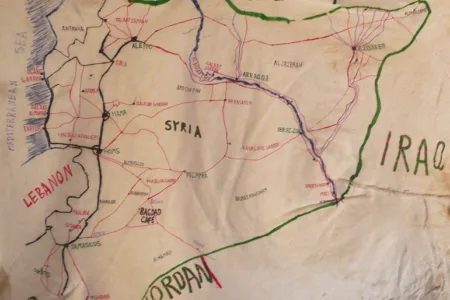The regional implications of the conflict in Syria

The conflict in Syria poses severe problems to regional states as to whether or not they should intervene and to what end intervention could be directed. Thus Iran, backed by Iraq and Hizbullah in Lebanon, seeks to support Damascus as part of its position in the Middle East. In response, Saudi Arabia and the Gulf states seek an end to the Assad regime with threats of arming the insurgents. Turkey, despite its earlier enthusiasm for intervention, now fears the instability that could result, as does Jordan, despite the latter’s longstanding suspicions of its radical neighbour, while Israel dreads regional change because of the consequent uncertainty and unpredictability of a new regime in Syria. North Africa is too distant to engage.
External powers such as Russia and China are determined to avoid a repetition of the Libyan experience, which they see as an abuse of the United Nations. At the same time, they hope to moderate the behaviour of the Assad regime and even to mediate with its domestic opponents. Other major states, despite their detestation of the Assad regime, seem to be impotent when confronted by the gap between their aspirations and their options in practice. The upshot – in the short term at least – seems to be that the Assad regime will survive.